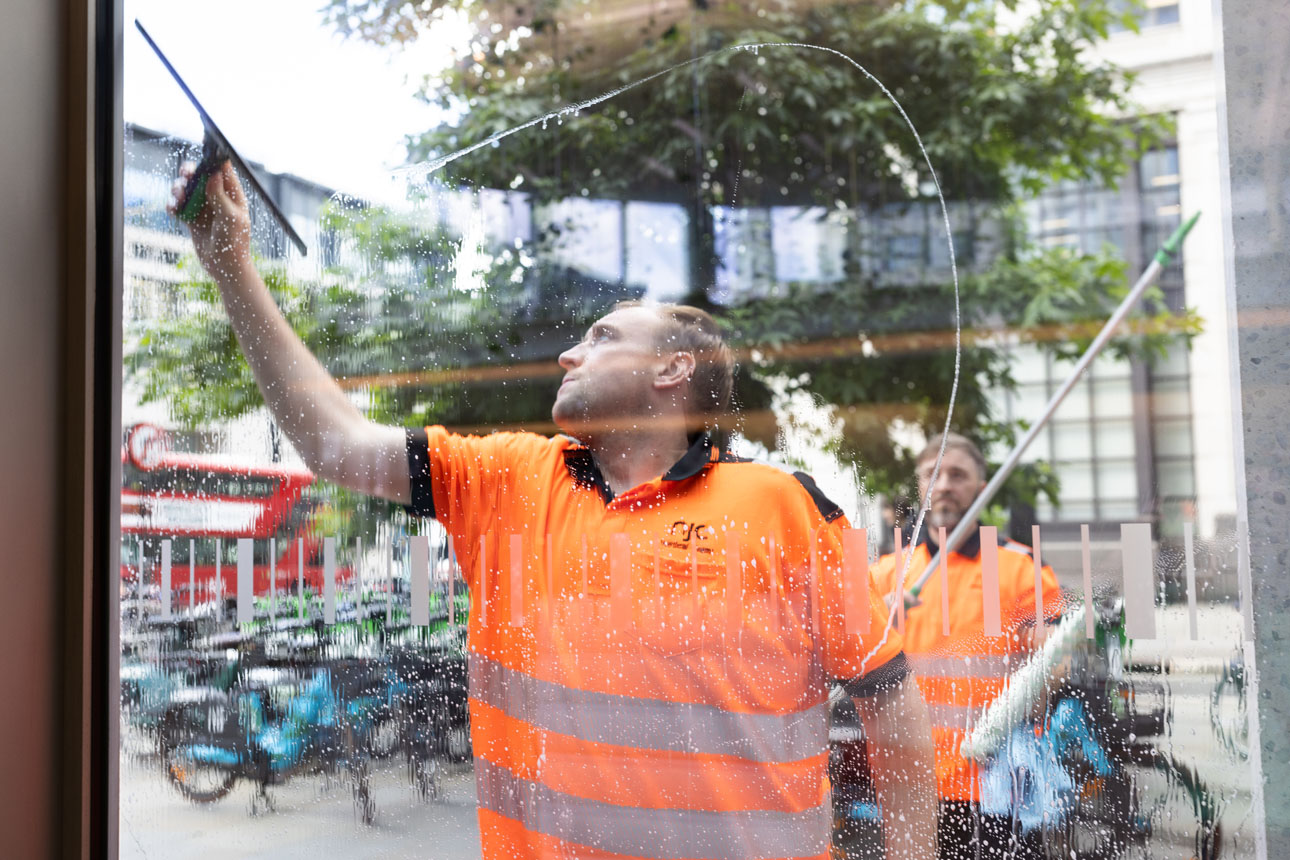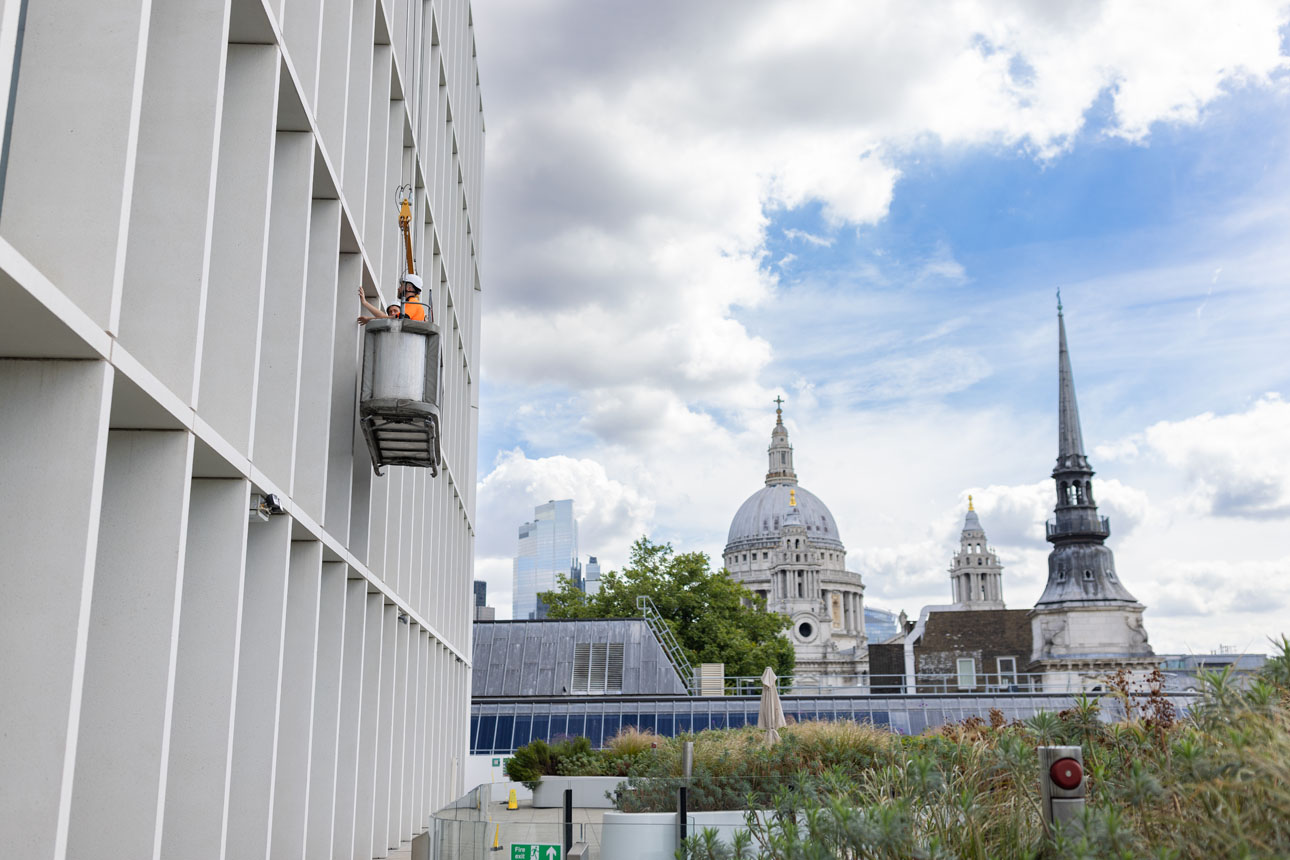In a market saturated by competitive cleaning providers, it’s time to cut through the noise. Commercial cleaning in...
Our Blog
Filter by:
May 21, 2025
Sustainability has been a growing focus for businesses globally for many years. As such, facilities management...
April 15, 2025
NJC has offset our entire 2022 carbon emissions through various certified projects through Ecologi. The Macaúbas...
March 16, 2025
NJC has offset our entire 2022 carbon emissions through various certified projects through Ecologi. The purpose of this...
January 15, 2025
Did you know that 1 tonne of carbon emissions has approximately the same weight as a great white shark?




